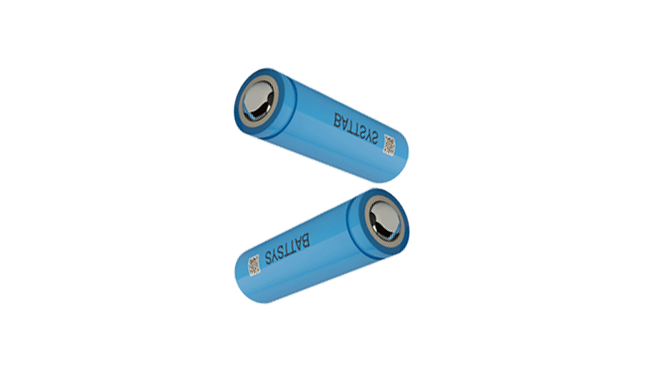Do 18650 batteries need to be activated?
Lithium ion battery cases are filled with electrolyte, sealed, and transformed into batteries. This process involves constant voltage charging, followed by discharge, and repeated for several cycles to fully immerse the electrodes in the electrolyte and activate them until the required capacity is achieved. This is the activation process - capacity division, which tests the capacity of the battery by selecting batteries with different performance (capacity) for classification, grading, and capacity matching. The lithium-ion battery produced in this way has already been activated by the user. The nickel cadmium batteries and nickel hydrogen batteries that we commonly use are also activated before leaving the factory. The activation process of some of these batteries requires the battery to be in an open state, and then sealed after activation. This process can only be completed by the battery cell manufacturer.

E-Mail: inquiry@fentbattery.com
Tel: 0086 20 3901-1403
Address: No.3, Dongli Road, Xili, Dongyong Town, Nansha District, Guangzhou City, China
Copyright@ China lithium ion battery manufacturers & suppliers & producers | Lithium Battery Factory & Company-BATTSYS Sitemap